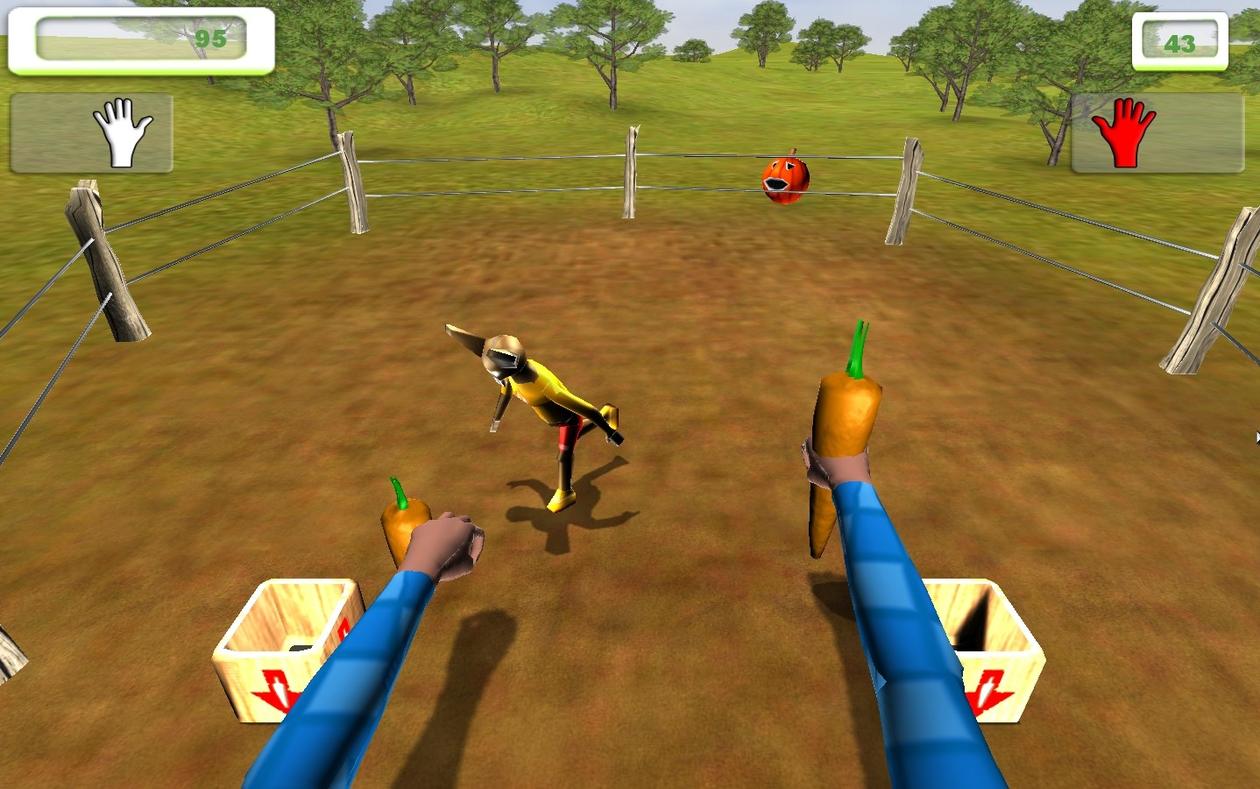VIRTUES – Virtual Reality Training for Upper Extremity after Stroke
Virtual reality based training – a motivating and effective way of regaining arm motor function after stroke? VIRTUES is a collaboration between 5 rehabilitation institutions in Norway, Denmark and Belgium and the KU Leuven, Belgium, coordinated by the University of Bergen, Norway. We want to examine whether Virtual reality training (VR) is more effective in improving arm motor function in the sub-acute phase after stroke than conventional training. The implementation of VR rehabilitation from therapists’ and patients’ points of view and cost-effectiveness will also be evaluated.
Main content
Many patients experience lasting impaired motor function of an arm after stroke. VR systems are promising new approaches in neurorehabilitation, which may enhance neuroplasticity when supplementing traditional rehabilitation in terms of physical and occupational therapy. VR technology has the potential to increase the intensity of training, the range of possible training tasks and may also boost the motivation of patients by adding a playful element to therapy. Learning can be facilitated by providing an enriched environment and multisensory stimulation. VR in rehabilitation is a relatively novel approach, and its application is still under evaluation. Several small scale and proof of principle studies have been performed supporting the application of VR methods to upper limb rehabilitation, but clinical evidence based on large-scale randomized controlled studies is lacking. The primary objective of this international multicentre trial is to examine the effectiveness and acceptance of a novel VR training approach. The study will provide evidence-based knowledge of new technology based treatment strategies to clinicians, patients and health economists.
For more information visit: www.uib.no/en/project/VIRTUES
Contact: Iris.Brunner@igs.uib.no
